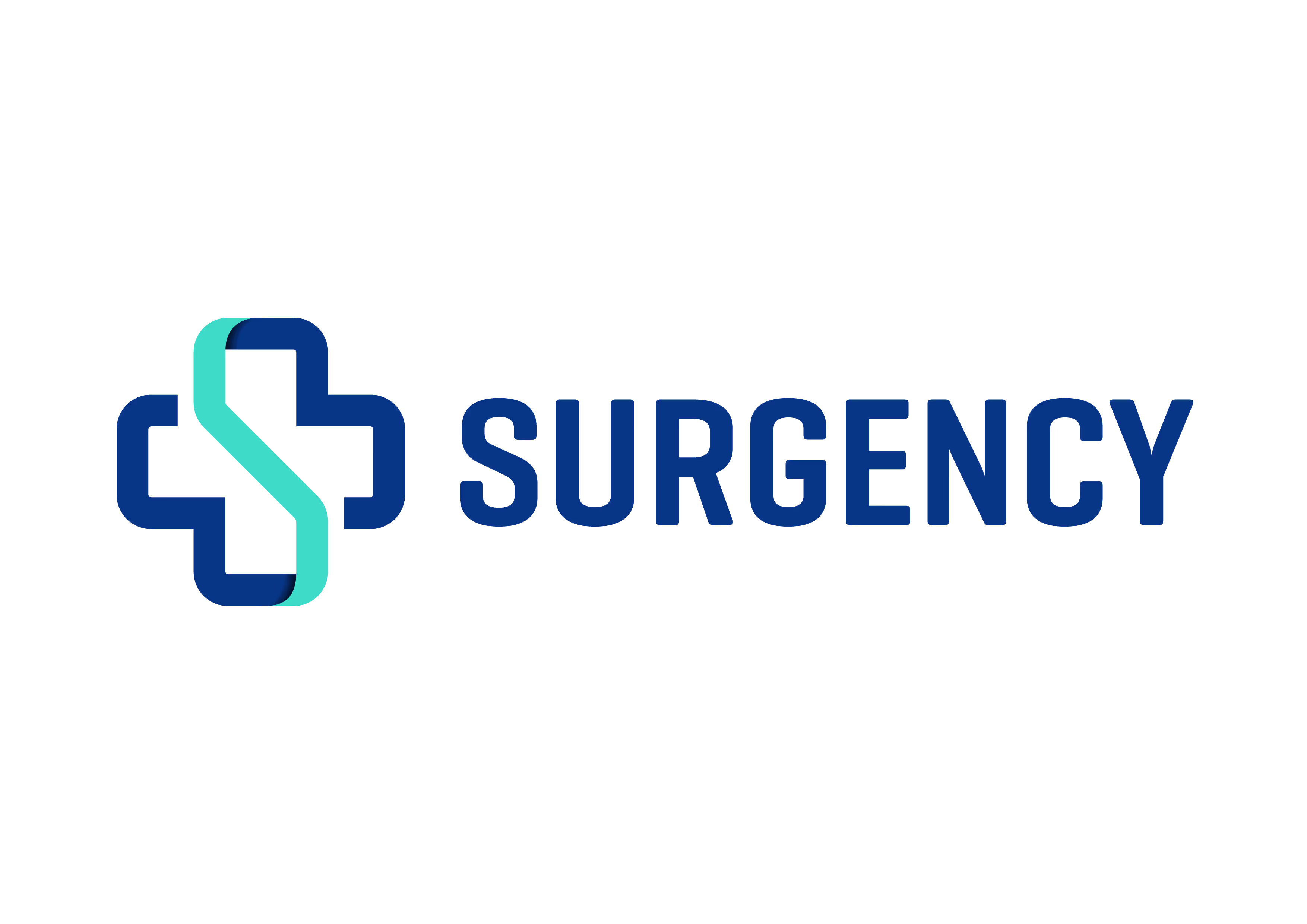Across the country, it's now common to wait over a year—sometimes more than two—for medically necessary procedures. But what is the true cost of that wait? Not just for the patient, but for the healthcare system, and for Canada as a whole?
It’s time to reframe the conversation. Delayed care doesn’t just cause personal suffering. It damages the economy, reduces tax revenue, and ultimately costs more than timely treatment.
Missed Income, Missed Recovery
The average Canadian earns about $64,850 per year. When someone is sidelined by pain, disability, or loss of function while waiting for surgery, those earnings can vanish—partially or entirely.
Multiply that by a two-year delay, and the cost becomes:
Lost income = $129,700
But the financial loss is only part of the story. Long waits often lead to deconditioning, mental health decline, and diminished chances of full recovery. For many, a return to work or full function is no longer guaranteed. That's not just a delay—that's a lifetime of lost potential.
Lost Taxes, Lost Value
What does that lost income mean for Canada’s public finances?
The average Canadian pays around 17% of their income in income taxes. When you include all forms of taxation—sales tax, payroll deductions, fuel tax—it rises to nearly 40%.
A $129,700 loss in earnings equates to:
- ~$22,049 lost in income tax
- ~$51,880 lost in total tax revenue
That’s more than the cost of the surgery itself—public or private. And it doesn’t factor in downstream expenses like income assistance, prescription pain medications, extra diagnostics, mental health treatment, or long-term disability support.
Is the System Delivering Value?
Over a lifetime, the average Canadian contributes more than $1 million in taxes. In return, they expect timely access to necessary care.
But today, many patients are left wondering: Are we getting good value for that investment?
Imagine telling a Canadian who has paid into the system for decades that they’ll have to wait two years or more for a surgery that could restore their health, independence, and ability to work.
Most would ask: Is there a better way?
Private Surgery: A Civically Responsible Option?
In Canada, private surgery is often framed as elitist or unfair. But what if it’s not selfish—what if it’s actually responsible?
Timely surgery:
- Helps people return to work and resume paying taxes.
- Reduces public costs by avoiding complications, prolonged disability, and mental health decline.
- Eases pressure on the public system, freeing up resources for others.
Far from undermining universal healthcare, private surgical access—if well regulated—can help sustain it. Patients who opt for private care aren’t cutting the line; they’re relieving a system under strain and opening up space for those without other options.
Delayed Care Costs More—Always
There’s a common but dangerous assumption in public healthcare: that delaying care saves money. The evidence suggests otherwise.
Patients who wait longer:
- Are less likely to be discharged the same day, requiring hospital stays that cost $1,200–$2,000 per night
- Have higher complication rates and slower, more difficult recoveries
- Report worse mental and physical health outcomes
Studies confirm that patients who receive surgery within six months have significantly better outcomes than those who wait longer.
The Opportunity Cost of Inaction
Delayed care costs us all:
- Patients lose income, independence, and quality of life
- Governments lose tax revenue and face increased spending
- The healthcare system spends more for worse results
From both an ethical and economic standpoint, providing timely access to surgery—through public or private means—isn’t just good medicine. It’s sound policy.
Ready to take the next step?
At Surgency, we believe Canadians deserve options. That’s why we’re building tools and support to help you stop waiting—and start healing.




